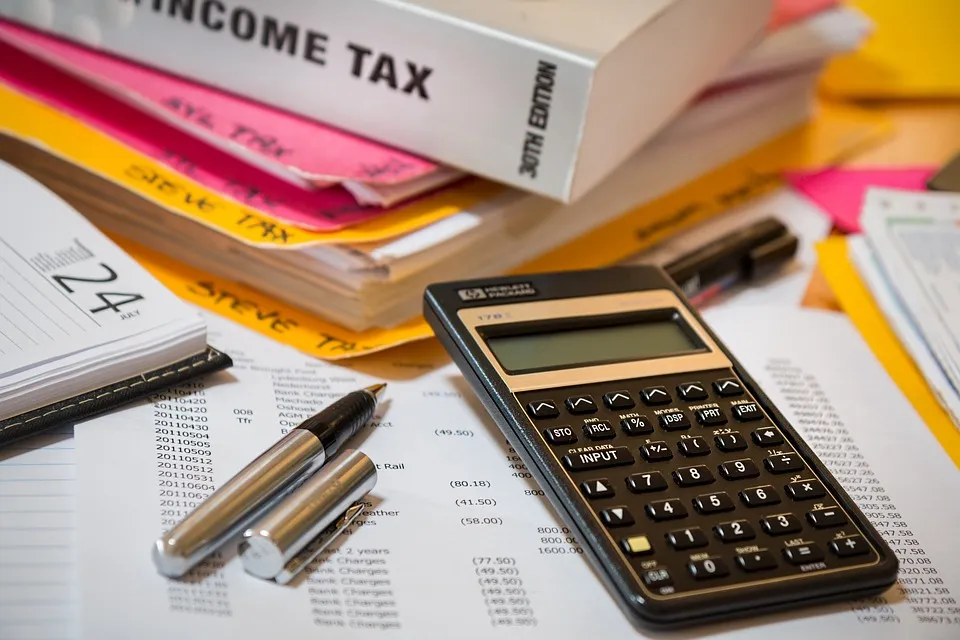
Public Accounting is a science whose purpose is to satisfy the needs of society, through the recording, analysis, measurement and interpretation of financial information of organizations or individuals and the preparation of reports on the financial situation of the organization in certain periods of time, on which are based the decision making of managers, future investors, creditors of the company, other interested third parties and the state for tax purposes.
The Public Accountant is an expert professional who will be able to perform a series of procedures and methods to interpret and give results of the accounting of an organization or person, with the purpose of preparing financial reports for the administration and for the interested parties (third parties), working independently or under a dependent relationship, which are used for decision making. To keep books or accounting records, recording the monetary movements of goods, rights and obligations.
It should be noted that every professional public accountant is governed by the procedures and rules found in the laws in which it must be guided, finding there the rights and duties to third parties, among these laws include the Law on the Practice of Public Accounting, the Code of Professional Ethics and other regulations governing the profession of public accountant.
A public accountant, who commits either by negligence or complicity, an opinion different from what the events show, can cause serious damages to the clients that trust in his work, which can generate diverse consequences of very different nature, either economic or administrative.
If any of the accounting irregularities are committed by any action or inaction of the accountant, such as the makeup of the financial situation, accounting tax evasion, manipulation of profits, and violation of accounting standards; will have its most direct effect on the accounting profession, as it will be subject to lack of confidence and may possibly even go to jail for poorly prepared procedures, and may also lose the collegiality to not be able to return to practice the profession.
The public accountant has the duty to comply in a necessary way with the fundamental principles of: integrity (honest and fair behavior of all his actions), Objectivity (not to allow preferences, between professional or business judgments to deviate them from reality), Competence (to perform a job where his professional skills and knowledge are always at the highest level, to ensure that the client or employer receives a professional service based on the practice, techniques and legislation in force), Confidentiality (to have great discretion and not to be disclosing information to third parties, unless there is a legally established or professional duty).